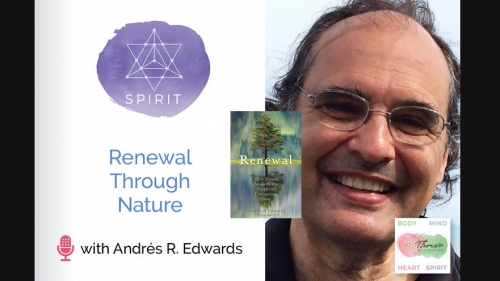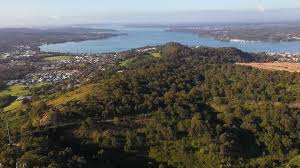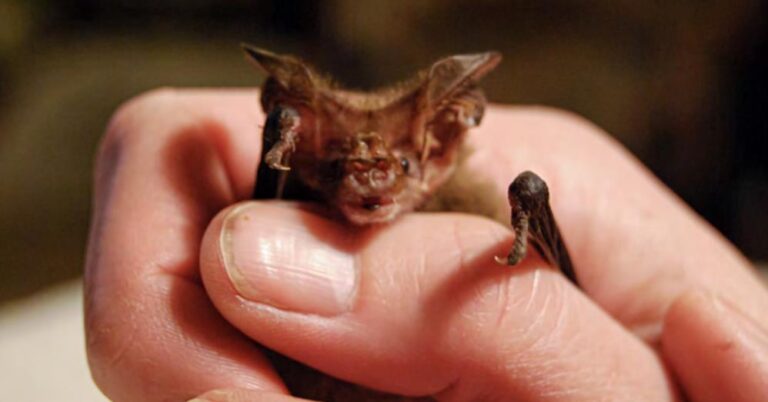Look on the side of a bottle of medication and it will list all the things it’s good for. All the things it can do to get you better – supposedly.
In very small print somewhere in the instructions it will also list all the side-effects, which in other words means downsides.
There’s another medication that is highly recommended for a host of ailments. The side-effects are many and invariably beneficial with next to no downsides.
So it is again that we reference another story that reinforces what we’ve been saying for some time – Nature is good for us. The more the better.
Andres Edwards, in Why 30 Minutes in Nature a Day is So Good for Your Health (Yes, 10 April 2019) reports on the findings of research that confirm the positive impacts that nature has on our health and wellbeing.
What follows is excerpted from his book: Renewal: How Nature Awakens Our Creativity, Compassion, and Joy (New Society, April 2019) reprinted by permission of the publisher, newsociety.com.
Healing impacts of nature
Nature serves as a refuge to inspire, reflect and heal. Studies reveal that being in nature has a powerful positive effect on the mind, body, and spirit. The statistics on the health benefits for kids of being in nature are remarkable and in many ways not surprising. Outdoor activities increase physical fitness, raise levels of vitamin D and improve distance vision; being in nature reduces ADHD symptoms; schools with outdoor education programs help students score higher in standardised tests and improve their critical thinking skills. Nature also reduces stress levels and enhances social interactions among children.
The psychological benefits of being in nature are also affected by the biodiversity of the natural environment. As cities design urban green spaces, incorporating diverse vegetation and wildlife improves urban dwellers’ health and well-being. A study in Sheffield, UK, surveyed the effects of different habitat types such as amenity planting, mown grassland, unmown grassland, scrub and woodland and monitored the butterfly and bird species in these areas. Participants showed an increase in psychological well-being in habitats with greater species diversity.
Nature as a vital supplement
Richard Louv, author of Last Child in the Woods and The Nature Principle, started a national discussion about the importance of nature in children’s and adults’ lives. He coined the term “nature deficit disorder” to highlight the negative impacts on children of spending less time outdoors and more time indoors, typically absorbed in their TV, computer, tablet or phone. Louv also speaks about the importance of the mind/body/nature connection, which he calls vitamin N (for nature). As he points out:
“Today the long-held belief that nature has a direct positive impact on human health is making a transition from theory to evidence and from evidence to action.”
The David Suzuki 30×30 Nature Challenge encourages children and adults to spend 30 minutes a day outdoors for 30 days to kick-start a new trend, stating, “It is essential that we reframe our traditional view of nature as a place for leisure and sport towards one that emphasises a full range of physical, mental, and social health benefits.”
In Scandinavian countries, the value of spending time outdoors is encapsulated in the word friluftsliv, which translates to “open air life.” In Norway, Sweden, and Finland friluftsliv supports a connection with nature that is incorporated as part of their cultural heritage. It means, for instance, kids playing outdoors and exploring the insects under rocks and logs or a bird’s nest. In Finland, teachers have competitive salaries, independence in their curriculum design, shorter school hours and plenty of time for their students to play outdoors. The success of their system, which blends work and outdoor play, has students repeatedly ranking near the top in academic achievement scores on a global scale. Playing outside is not merely an opportunity to rest and decompress but instead an important part of the learning process.
For a YouTube broadcast featuring Andres Edwards, log on here: Renewal through nature
The full Yes Magazine story is here: Why spending time in nature is good for health



